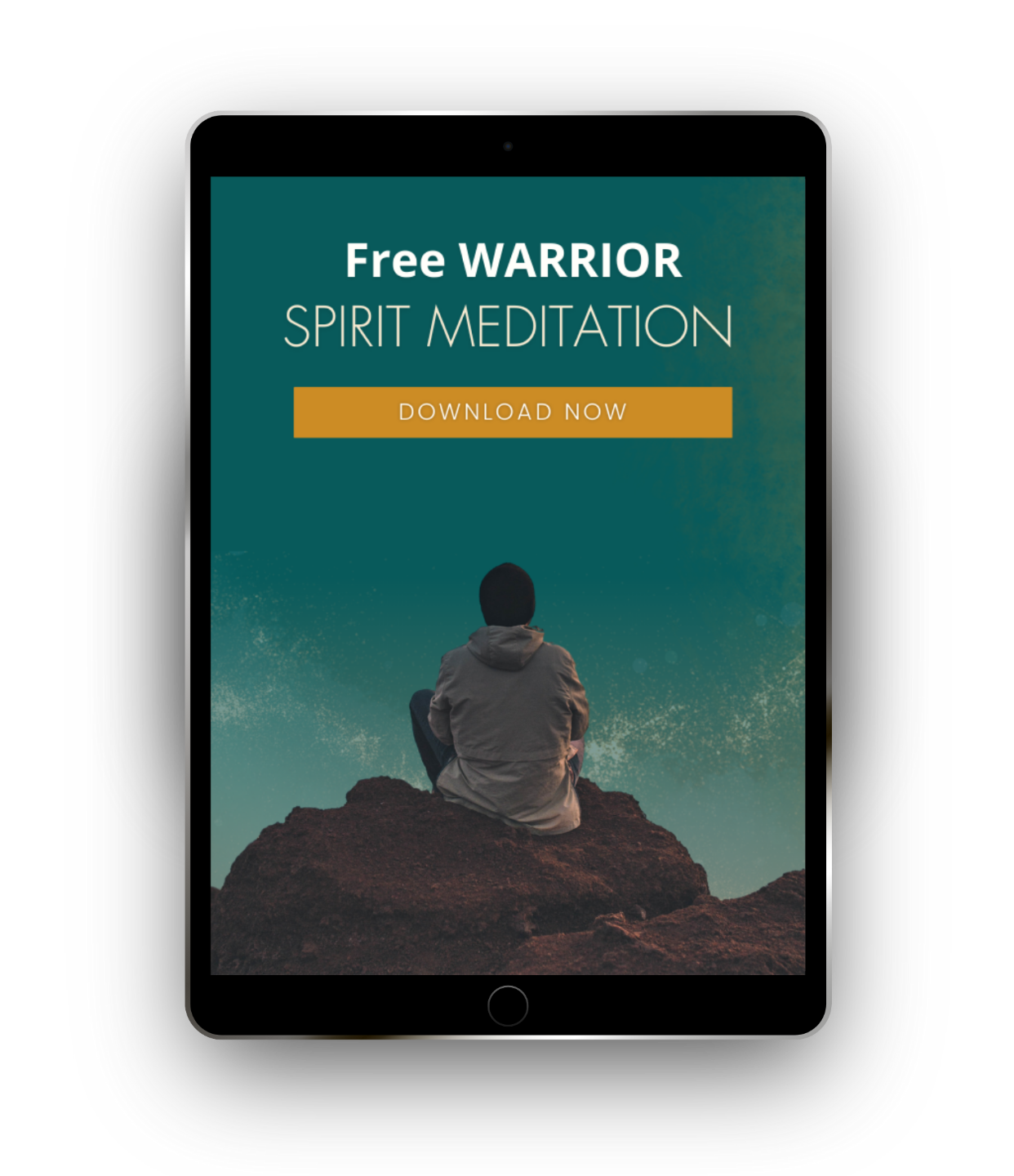
Fear as Your Compass: When Discomfort Points Toward Growth
Sep 28, 2025"Fear is a natural reaction to moving closer to the truth." — Pema Chödrön
Last week, a client sat across from me describing the knot in her stomach every time she thought about having a difficult conversation with her partner. "I know I need to talk to him about this," she said, "but every time I think about it, I feel sick. Maybe that's a sign I should wait."
What struck me wasn't her fear—that made perfect sense. What struck me was her interpretation of it. She assumed fear meant "stop" when it might actually mean "pay attention."
Pema Chödrön's words capture something profound about the nature of fear that most of us learn backward. We're taught that fear signals danger, that it means we should retreat. But what if fear is actually your inner compass, pointing you toward the very thing you need to explore?
Fear as Information, Not Enemy
The nervous system evolved to keep us alive, not necessarily to keep us growing. Our ancient brain doesn't distinguish between a saber-toothed tiger and a difficult conversation with our boss. Both trigger the same alarm bells: Danger! Retreat!
But here's what I've learned through years of working with people navigating their inner landscapes: the things we fear most often contain the keys to our freedom.
That conversation my client was avoiding? It held the possibility of deeper intimacy or the clarity of necessary boundaries. The fear wasn't warning her away from danger—it was pointing her toward what mattered most.
When we start viewing fear as information rather than instruction, everything changes. Fear becomes curious rather than paralyzing. It becomes a question: What is this trying to tell me about what I value?
Ancient Wisdom for Modern Courage
The Stoic philosophers understood something about fear that we're still learning today. They didn't advocate for the elimination of fear—they recognized it as part of the human experience and developed practices for moving through it wisely.
Marcus Aurelius, writing in his Meditations, reminds us: "You have power over your mind—not outside events. Realize this, and you will find strength." This isn't about controlling fear away. It's about recognizing what's actually within our influence.
The Practice of Present-Moment Courage
Fear almost always lives in the future. We're not afraid of what's happening right now—we're afraid of what might happen. The Stoics taught that courage isn't the absence of fear; it's the willingness to take right action despite it.
Seneca practiced something called premeditatio malorum—imagining potential difficulties not to invite them, but to reduce their power over us. When we've already considered how we might handle a challenging situation, fear loses some of its grip.
What You Can and Cannot Control
One of the most powerful Stoic practices involves distinguishing between what's in your control and what isn't. You can't control whether someone approves of your decisions, but you can control whether you speak your truth. You can't control the outcome of taking a risk, but you can control whether you take it thoughtfully.
This distinction isn't meant to minimize the real stakes involved in our choices. It's meant to help us focus our energy where it can actually make a difference.
The Compassionate Approach to Courage
Courage without compassion can become reckless. Compassion without courage can become enabling. The invitation is to find the place where they meet.
Self-compassion doesn't mean avoiding difficult things—it means treating yourself with kindness as you move through them. It's the difference between saying "I'm weak for feeling afraid" and "This feels scary because it matters to me."
Building Your Tolerance for Discomfort
Think of it like physical exercise. You don't start by lifting the heaviest weight in the gym. You start where you are and gradually increase your capacity. The same principle applies to emotional courage.
Maybe you're not ready for the big conversation yet. Can you start by writing a letter you don't send? Can you practice the words out loud when you're alone? Can you schedule the conversation for next week instead of pushing it off indefinitely?
Small acts of courage build the muscle for larger ones.
The Power of Naming
Sometimes the most powerful thing you can do with fear is simply name it. "I notice I'm feeling afraid about this conversation because I'm worried about hurting someone I care about." Or "I'm scared to apply for this job because I don't want to face rejection."
When we name what we're actually afraid of, it often becomes more manageable. The monster in the shadows is usually scarier than the monster in the light.
Moving Forward, Step by Step
Here's what I've learned: the goal isn't to eliminate fear. The goal is to change your relationship with it. To move from "I'm afraid, so I can't" to "I'm afraid, and I'm going to proceed thoughtfully." And as my thoughtful friend Dr. Gene Shirokobrod would interject, in this moment, logic is your friend.
Fear will probably always be part of the equation when you're growing. But it doesn't have to be the deciding vote.
Your fear might be telling you that you're approaching something meaningful. It might be pointing you toward a conversation that could deepen a relationship, a risk that could open new possibilities, or a boundary that needs to be set.
The question isn't whether you feel afraid. The question is: what is your fear trying to protect, and is that protection still serving you?
Sometimes the answer is yes—genuine danger requires genuine caution. But sometimes the answer is no, and that's where courage becomes possible.
Ready to Explore What's on the Other Side of Fear?
If you're feeling stuck between knowing what you need to do and finding the courage to do it, you don't have to navigate that space alone. Sometimes we need support to distinguish between the fears that protect us and the fears that limit us.
I work with people who are ready to explore what lies beyond their comfort zones—not recklessly, but thoughtfully, with both compassion and courage. If you're curious about what might be possible when you stop letting fear make all the decisions, I invite you to reach out.
Sometimes the most courageous thing you can do is ask for support. If this resonates with you, let's talk. Schedule a 15-minute conversation to explore how we can work together. Sign up for our new newsletter, "Unfolding" here.

